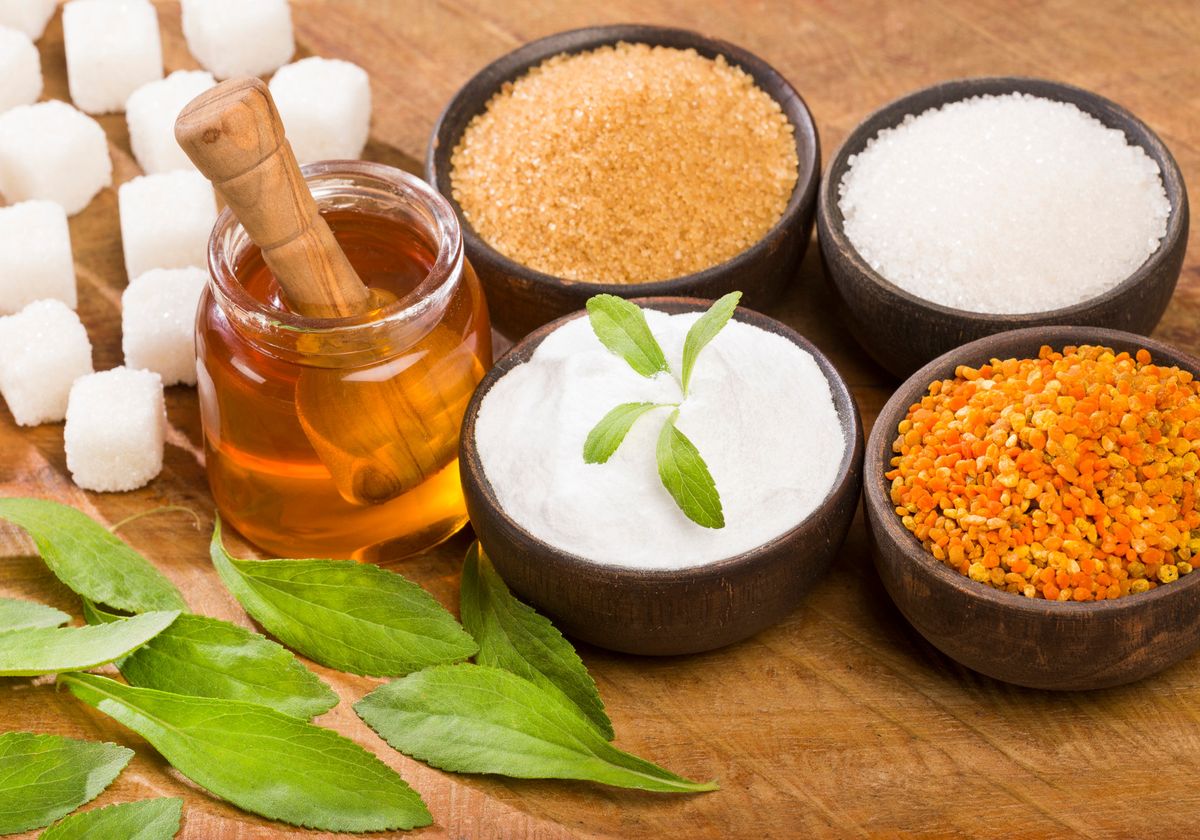In the world of health-conscious consumers and those managing conditions like diabetes, the search for sugar substitutes that mimic the taste and function of sugar without its negative health impacts continues to drive innovation. Among the alternatives, glucose, a simple sugar that serves as the primary source of energy for the body, has emerged as a potential candidate. But what exactly is glucose, and how does it fare as a sugar substitute?
Understanding Glucose: Glucose, often referred to as blood sugar, is a carbohydrate and a primary source of energy for living organisms. It is naturally found in fruits, honey, and some vegetables and is a key component of many carbohydrates. In the body, glucose is absorbed into the bloodstream after digestion and utilized by cells for energy production.
Glucose as a Sugar Substitute: Given its natural occurrence and vital role in metabolism, glucose has garnered attention as a potential sugar substitute. Unlike artificial sweeteners, which often come with concerns about health effects, glucose offers a more natural alternative. Its sweetness closely resembles that of sucrose, or table sugar, making it an attractive option for those seeking to reduce their sugar intake without sacrificing taste.
Advantages of Glucose as a Sugar Substitute
Natural Origin: Glucose occurs naturally in various foods, making it a more recognizable and acceptable ingredient for many consumers compared to artificial sweeteners.
Taste and Texture: Glucose closely mimics the taste and texture of sucrose, providing a sweet flavor without the need for artificial additives.
Metabolic Benefits: Unlike some artificial sweeteners, glucose is metabolized by the body similarly to sucrose, potentially offering a more stable impact on blood sugar levels.
Applications of Glucose in Food and Beverage Industry: The versatility of glucose makes it suitable for a wide range of applications in the food and beverage industry. It can be used as a sweetening agent in products such as baked goods, confectionery, beverages, and dairy products. Additionally, glucose syrup, a concentrated form of glucose, is commonly used in food manufacturing for its ability to enhance texture, viscosity, and moisture retention.
Considerations and Limitations: While glucose presents several advantages as a sugar substitute, it’s essential to consider potential limitations and concerns:
Caloric Content: Like sucrose, glucose is a source of calories and can contribute to overall calorie intake if consumed in excess.
Blood Sugar Impact: While glucose may have a less pronounced effect on blood sugar levels compared to sucrose, individuals with diabetes or those monitoring their blood sugar should still exercise moderation.
Glycemic Index: Glucose has a high glycemic index, which means it can cause a rapid increase in blood sugar levels. This aspect may be a consideration for individuals managing conditions such as diabetes.
Conclusion
In the quest for healthier alternatives to sugar, glucose emerges as a promising option due to its natural origin, taste similarity to sucrose, and versatility in various food applications. While it offers several advantages, it’s important to approach its use with moderation and awareness of individual health considerations. As research in nutrition and food science continues to evolve, glucose remains a sweet solution worth exploring for those seeking to balance taste with health consciousness.
